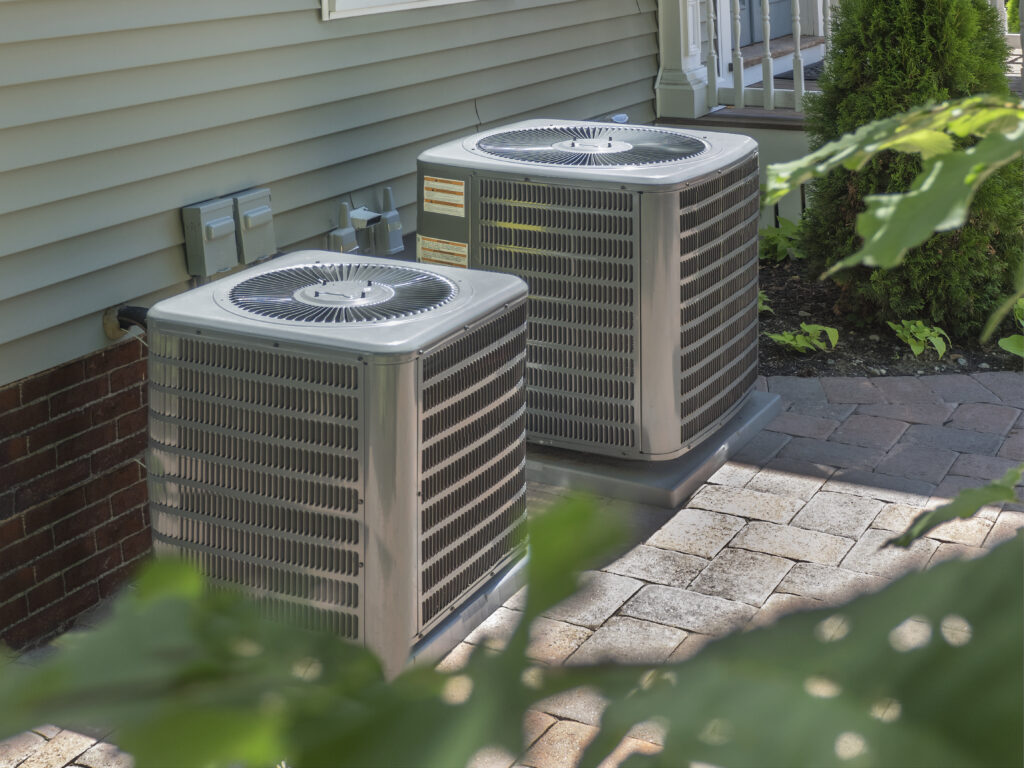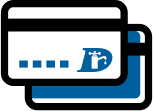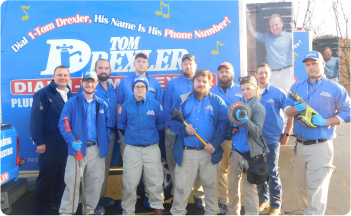9 Tips to Avoid Clogged Drains
Clogged or slow drains seem to be an inevitable part of life – assuming you have running water – and they can be a nightmare. If your drain backs up, it can be smelly, gross and expensive to fix. Fortunately, most clogs and slow drain issues can be prevented before they get smelly – or expensive. Consulting an experienced plumber to clean your drains before things get bad can also help you prevent expensive problems.
Start Small
Using a drain cover over every drain will prevent many clogs from starting. Drain baskets or covers keep small items (like those teeny tiny Legos), hair, soap chunks, and other items. Hair, in particular, can become matted and tangled and clog a drain fast.
2. On that note, another great tip is to brush your hair before you shower or bathe. Brushing your hair will get out any loose hair before it gets washed down the drain.
Avoid Drain-Clogging Activities
This is especially pertinent if you live in an older home that may have older, corroded pipes. Be aware when you wash your dog, empty your carpet cleaner, or empty your mop bucket, that the debris and dirt could start causing drain clogs. To prevent clogs, try emptying your mop bucket in your toilet instead of your sink.
4. If you can, use a natural, environmentally friendly soap to clean your pet, do so outside. Or in a tub that can be emptied safely outside. If it’s too cold to wash your pet outside, lay a washcloth or rag over the drain and catch anything icky that gets washed out. Then you can empty the contents into the trash.
Drains Aren’t Trash Cans
Garbage disposals are great things, but they can also lead to drain clogs – even the best of them. Start a compost bin for most of your kitchen waste and avoid putting it down the drain. If you don’t have a need for compost, perhaps a neighbor who gardens or the local recycling facility could use it.
6. Don’t rinse greasy pots and pans down the drain! Save your drain by pouring warm grease (not hot!) into a metal coffee can or soup tin and disposing of it in the trash. If it’s bacon grease, pour it into a jar and keep it – yum!
7. Run hot water down your sink after each use to keep oils or grease from congealing on the sides and starting a new clog. You can also put a handful of baking soda and/or white vinegar down the drain once in a while to keep the drain pipes clear. This also helps with odors – especially in a garbage disposal. Then rinse through with hot water.
8. Avoid putting stuff that isn’t water down the drain. Of course, the dirt from your hands and your shower doesn’t count, but if you have a bandage on your knee, grab it before it heads down the drain. Also, keep other bath items out of the sink or shower. Don’t let razors or their covers, cotton balls, cotton swabs or other small items find their way down the drain.
9. Don’t use bleach or bleach-based cleaners! In septic systems, microbes are needed to break down the stuff that goes down the drain. Bleach kills these microbes. There is also evidence to suggest that too much bleach or antibacterial cleaner is bad for municipal systems too.







